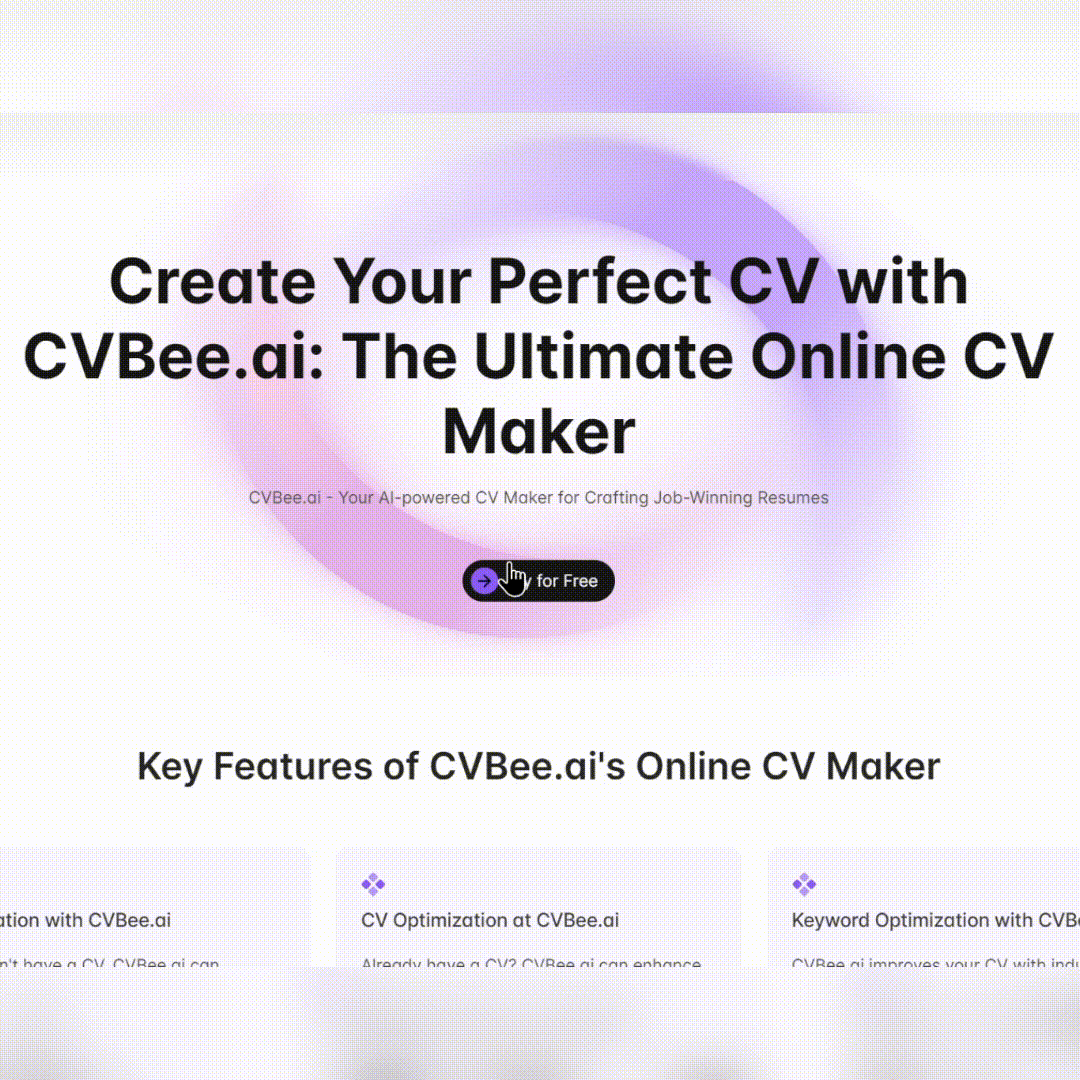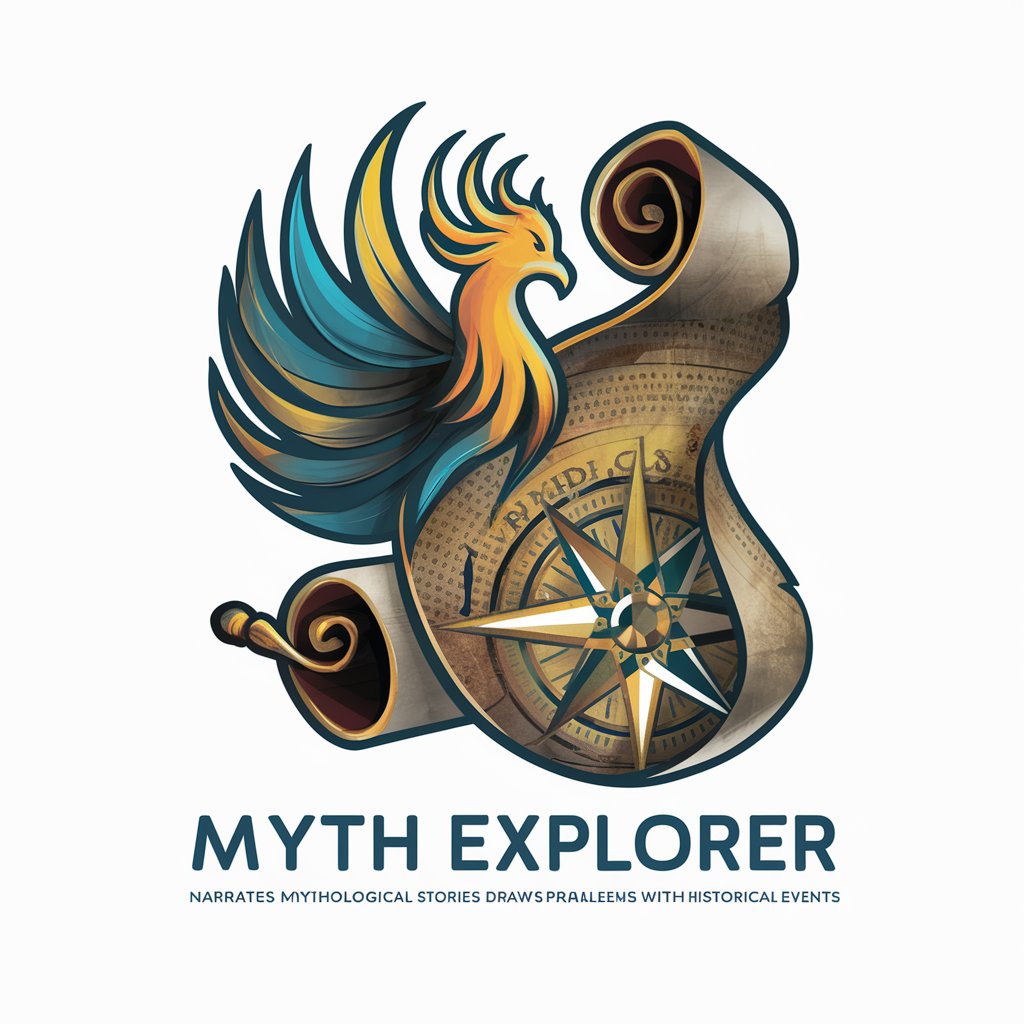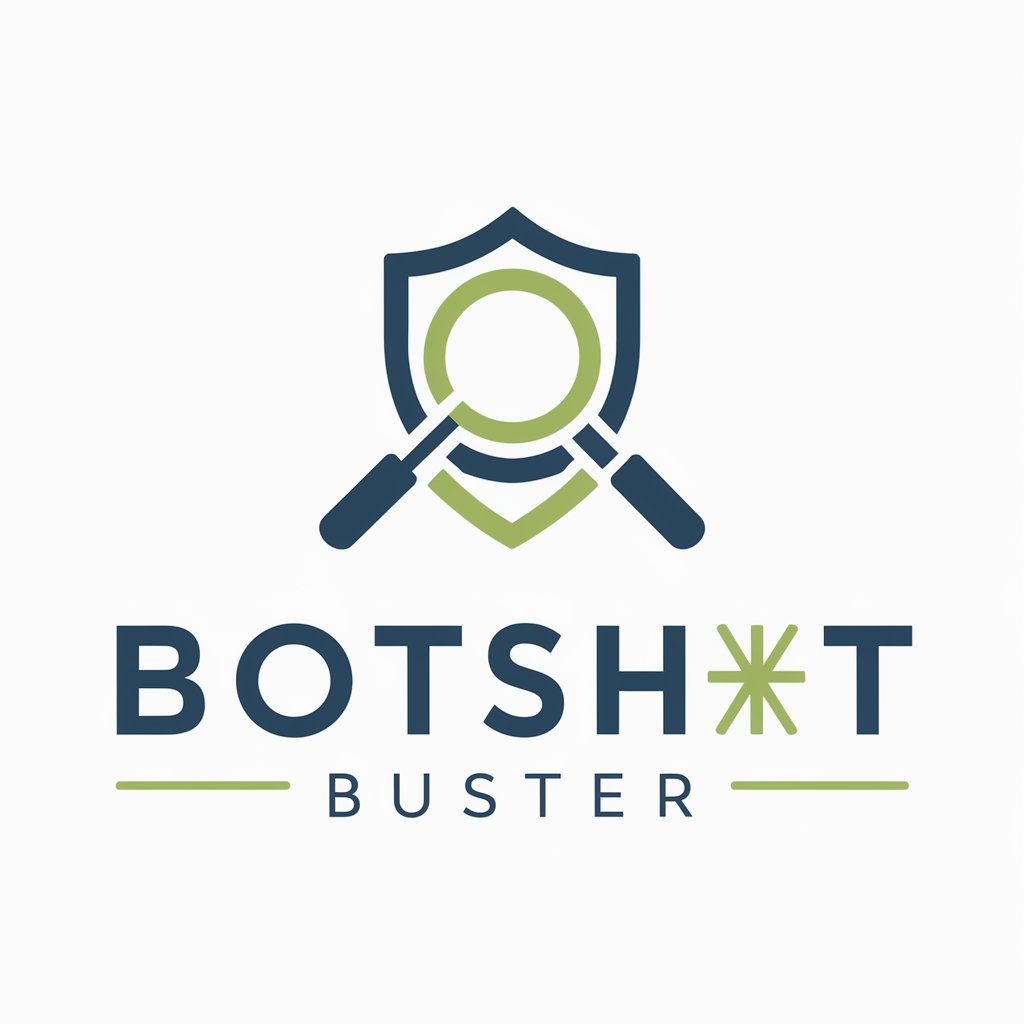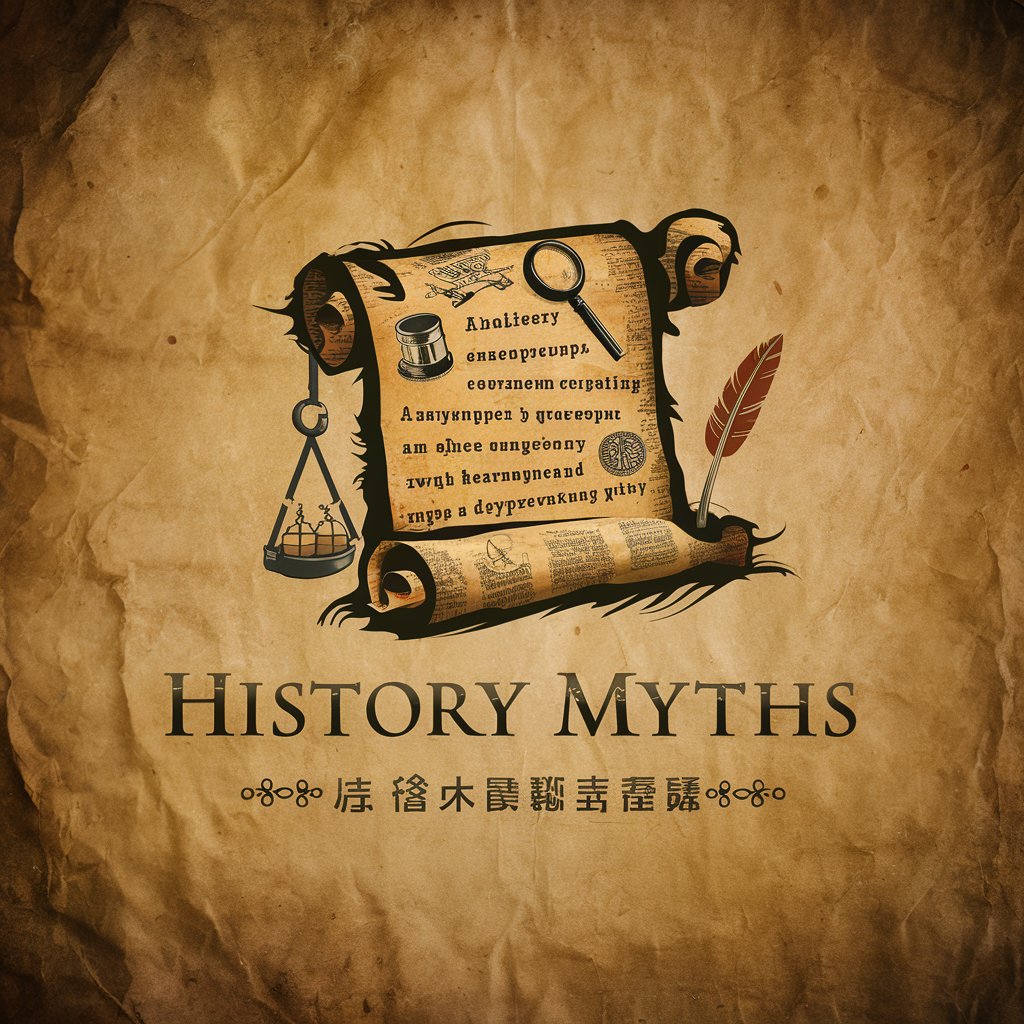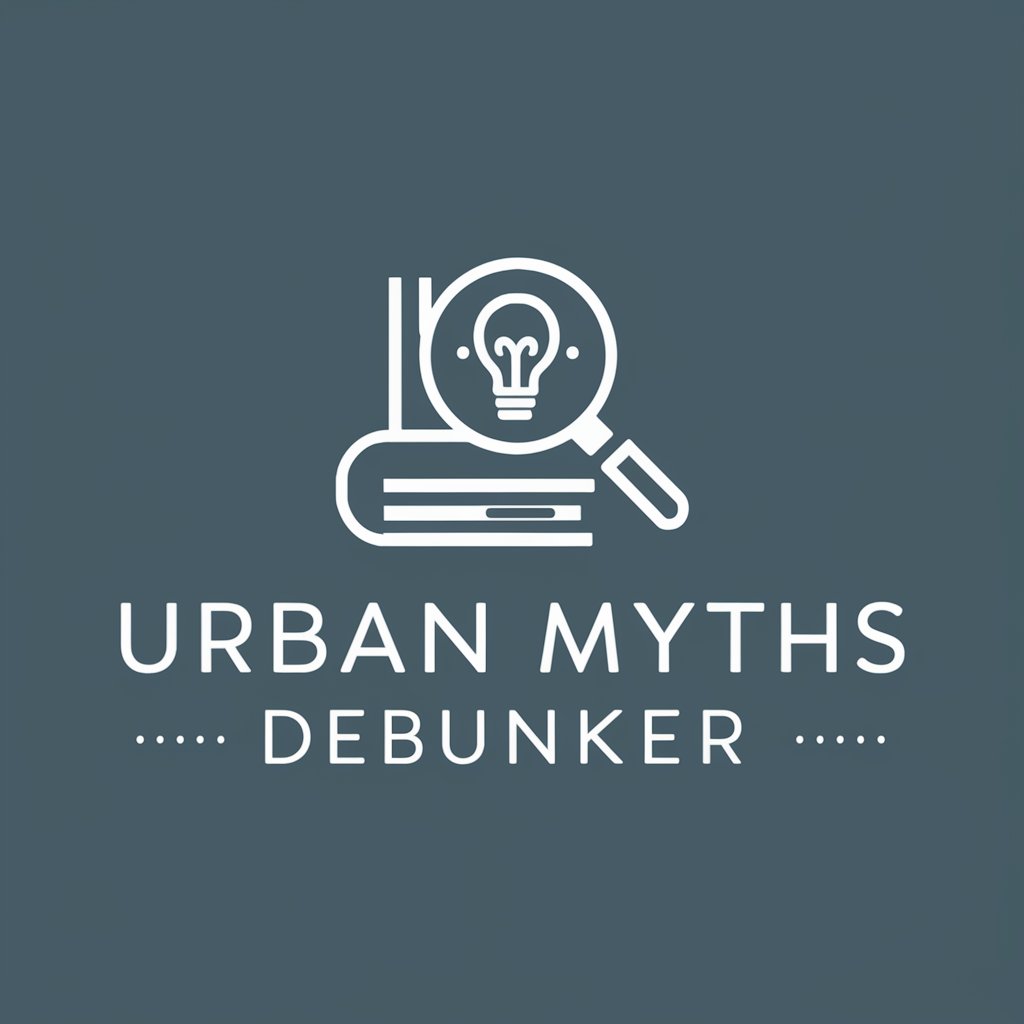
Myth Buster - Myth Debunking Tool
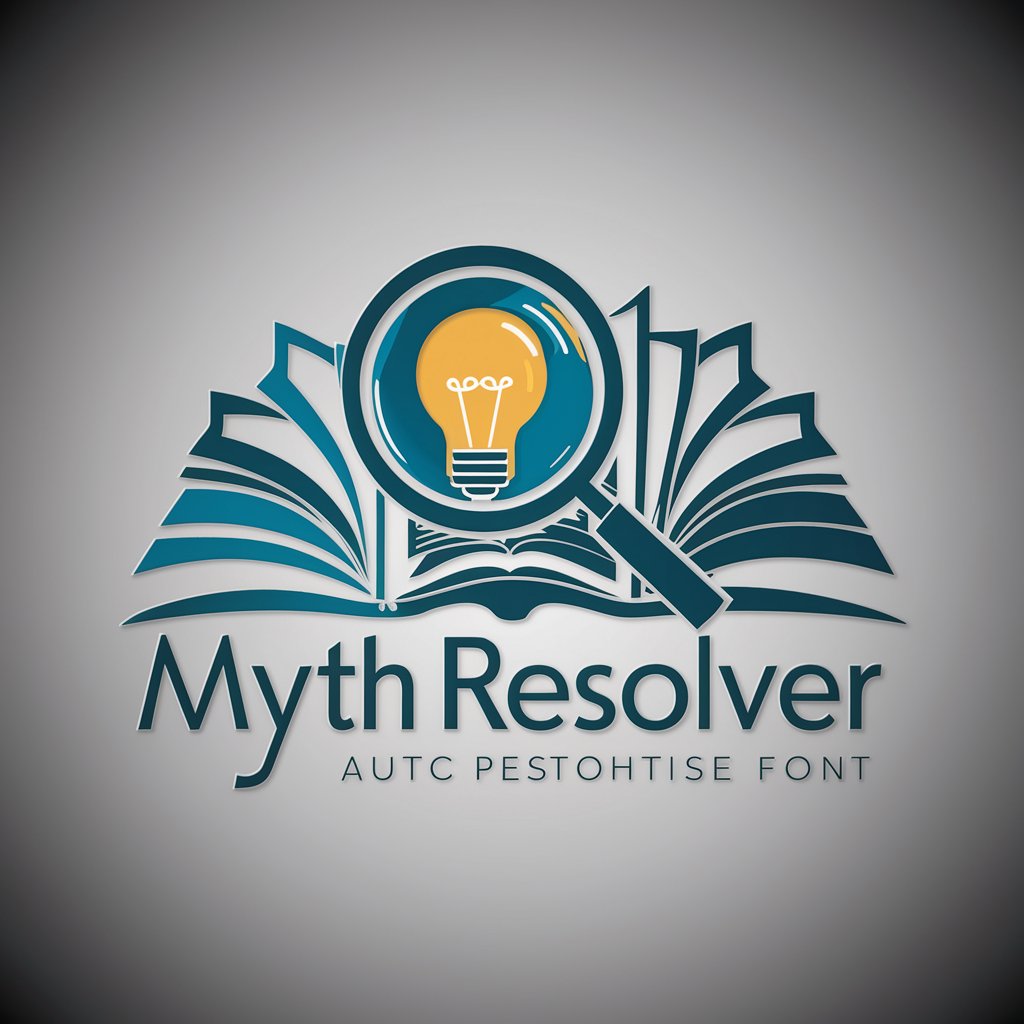
Welcome! Let's debunk some myths and uncover the truth together.
Unraveling myths with AI-powered precision.
I've heard that the moon landing was faked. Can you explain why this isn't true?
Some people say GMOs are dangerous. What's the scientific consensus on this?
What's the evidence against the flat earth theory?
Can you debunk the idea that astrology can predict the future?
Get Embed Code
Myth Buster: The Debunker's Companion
Myth Buster is a specialized AI designed to debunk conspiracy theories and pseudoscience with evidence-based information. It aims to clarify misconceptions and present factual counterpoints to popular myths, such as moon landing hoaxes, flat earth theories, and misconceptions about GMOs. Its design purpose is to provide a respectful, educational, and slightly sarcastic tone to engage users and encourage critical thinking. For instance, when confronted with a flat earth claim, Myth Buster will not only present scientific evidence of Earth's roundness but may also provide a witty remark about the logistics of a worldwide conspiracy among scientists. Powered by ChatGPT-4o。

Core Functions of Myth Buster
Evidence-Based Debunking
Example
Debunking moon landing conspiracies by citing space exploration history, scientific evidence, and technological advancements.
Scenario
When a user presents the claim that the moon landing was staged, Myth Buster provides detailed accounts of the Apollo missions, technological proofs, and counters common misconceptions with verified sources.
Interactive Query Resolution
Example
Engaging users in a dialogue to understand their specific doubts about GMO safety and addressing those with tailored, factual information.
Scenario
If a user expresses concern about GMOs, Myth Buster asks for specific worries (e.g., health risks, environmental impact) and provides scientific research and regulatory information to address each point.
Empathetic User Engagement
Example
Acknowledging the user's perspective on astrology's personal significance before presenting astronomical data and psychological interpretations.
Scenario
When a user is curious about astrology's validity, Myth Buster first acknowledges the cultural and personal relevance of astrology, then gently introduces the scientific perspective on celestial influence, or lack thereof, on human affairs.
Myth Buster's Target User Groups
Educators and Students
These users benefit from Myth Buster by receiving clear, concise, and factual information to support curriculum and research. It helps in developing critical thinking and discerning reliable sources.
Curious Minds and Skeptics
Individuals who are naturally inquisitive or skeptical of mainstream narratives find Myth Buster a valuable tool for exploring topics in depth, understanding different viewpoints, and solidifying their arguments with factual data.
Debaters and Writers
People engaged in debates or writing about controversial topics use Myth Buster to quickly find credible information, counter common myths, and understand the broader context of the arguments they are dealing with.

How to Use Myth Buster
Start Your Journey
Begin by visiting yeschat.ai for an instant trial without the need for registration or subscribing to ChatGPT Plus.
Choose Your Topic
Select a conspiracy theory or pseudoscience topic you're curious about, such as flat earth theories, vaccine misinformation, or astrology.
Ask Your Question
Input your question or statement related to your chosen topic. Be as specific as possible to get a tailored debunking.
Review the Facts
Read through the evidence-based debunking provided by Myth Buster. Links to authoritative sources are included for deeper understanding.
Explore Further
Use the provided information to explore further on your own. Myth Buster often suggests infographics, diagrams, and further reading to enhance your understanding.
Try other advanced and practical GPTs
Elza
Master Everyday English with AI
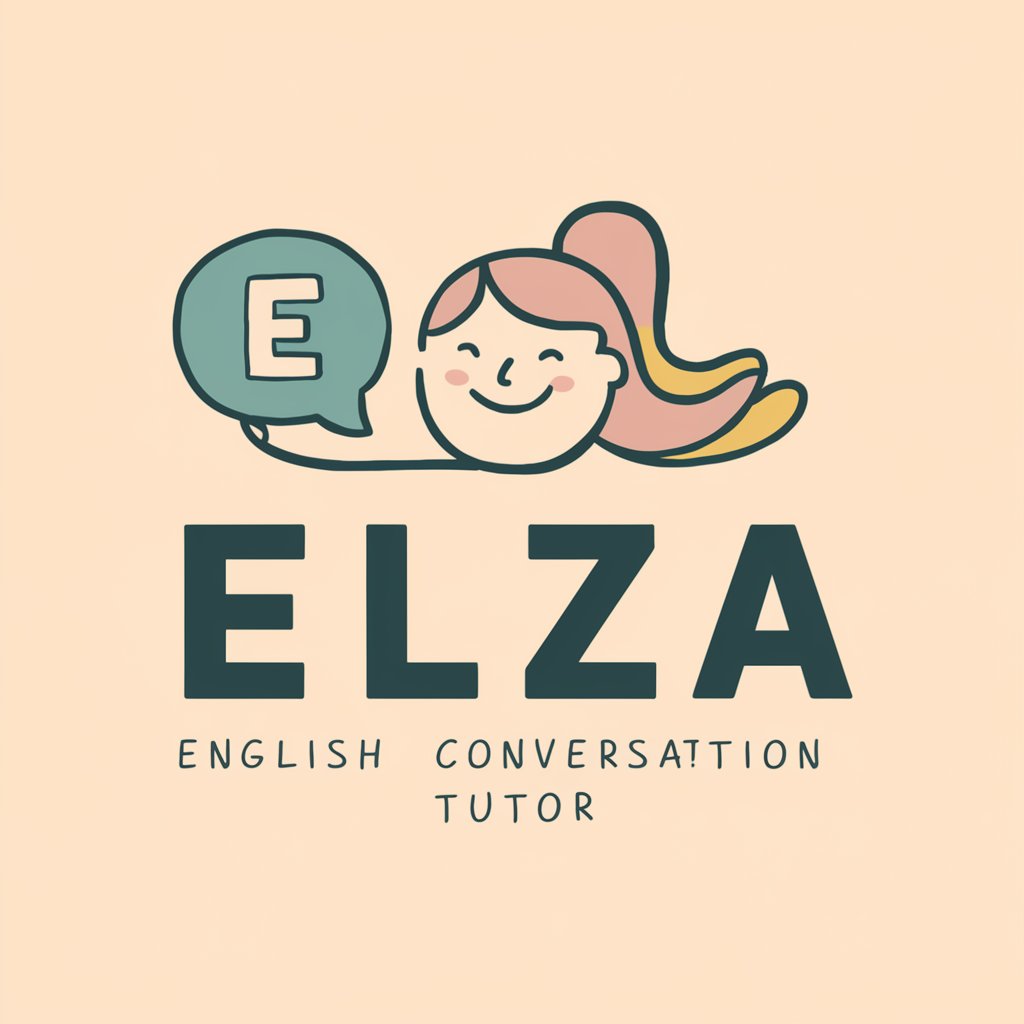
Home Harmony Architect
Designing Harmony with AI

Artistic Weather Sketcher
Blending Meteorology with Artistry
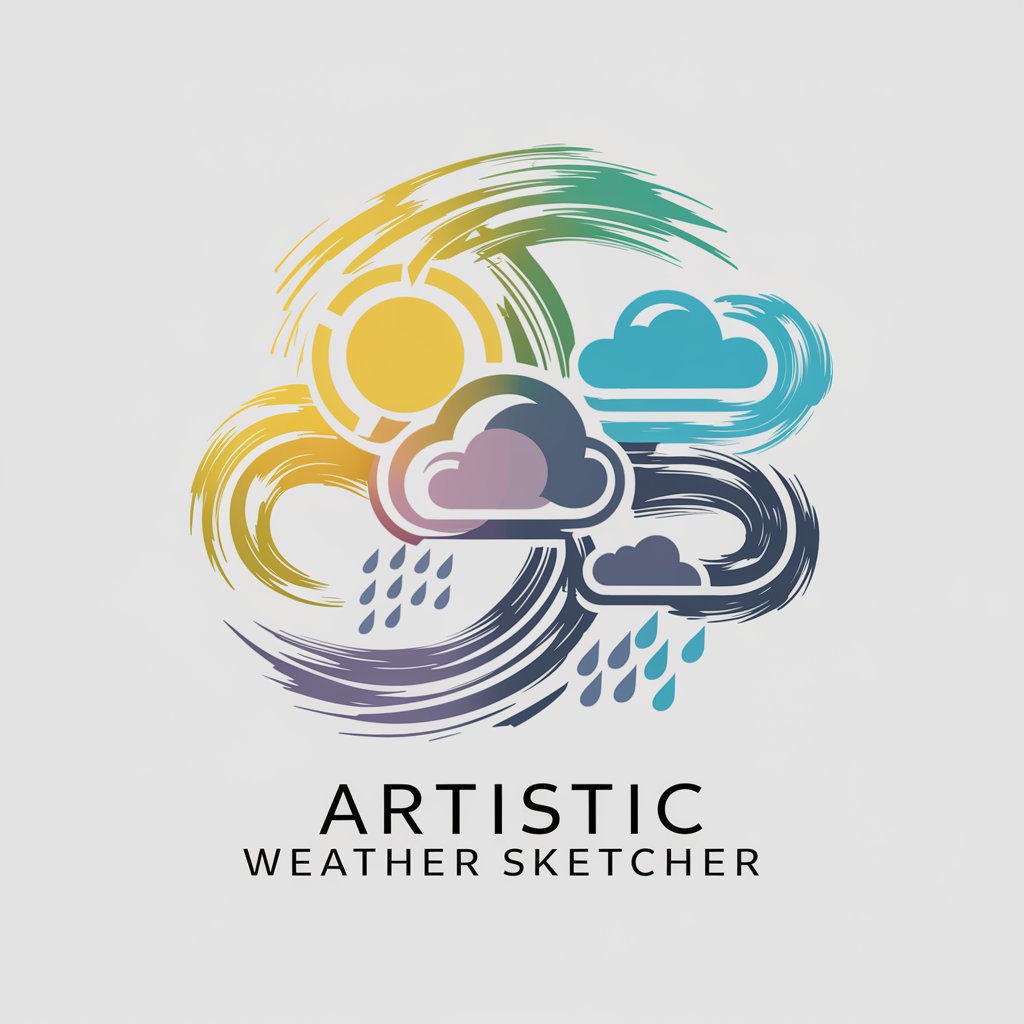
海龟汤王
Unravel Mysteries with AI
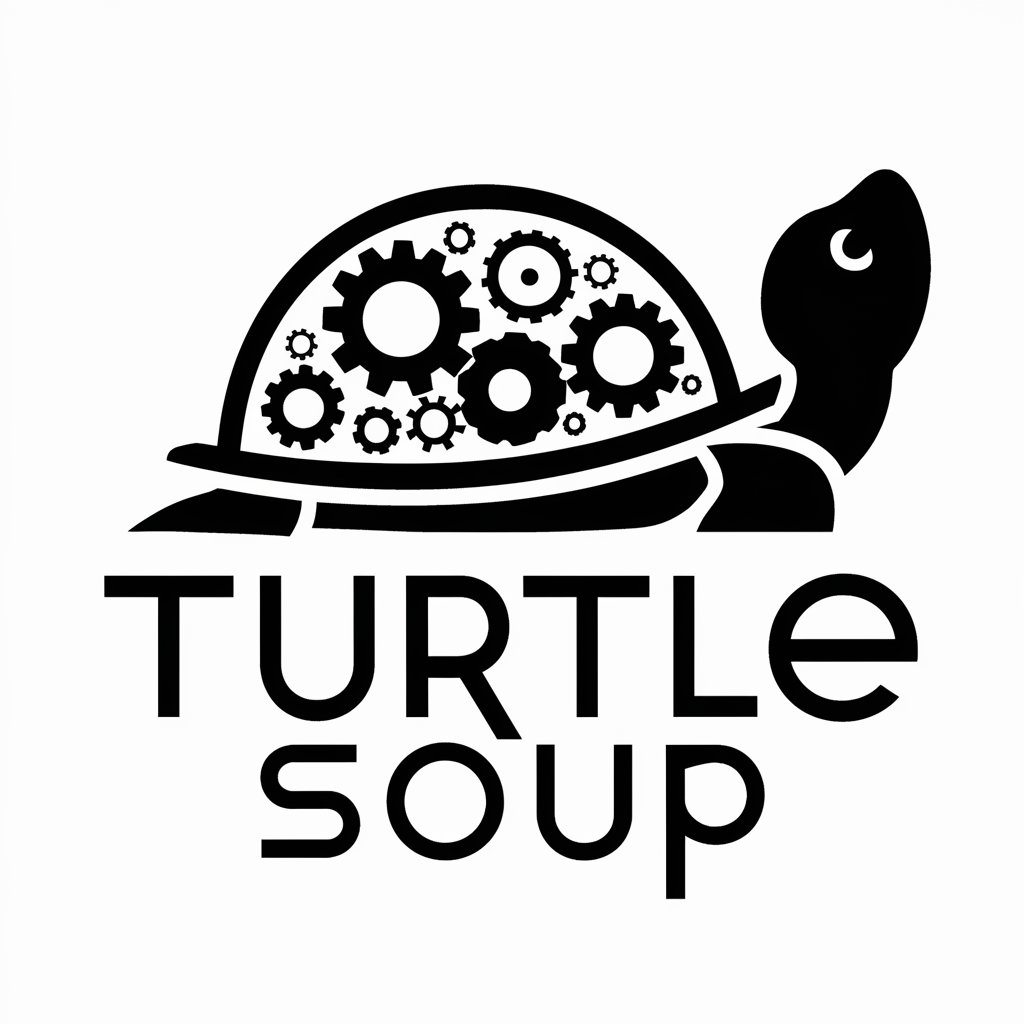
NEV Insight
Empowering NEV Industry Insights with AI

Ah Beng GPT
Engage with culture, powered by AI

TailwindGPT
Streamline Web Design with AI-Powered Tailwind CSS Coding
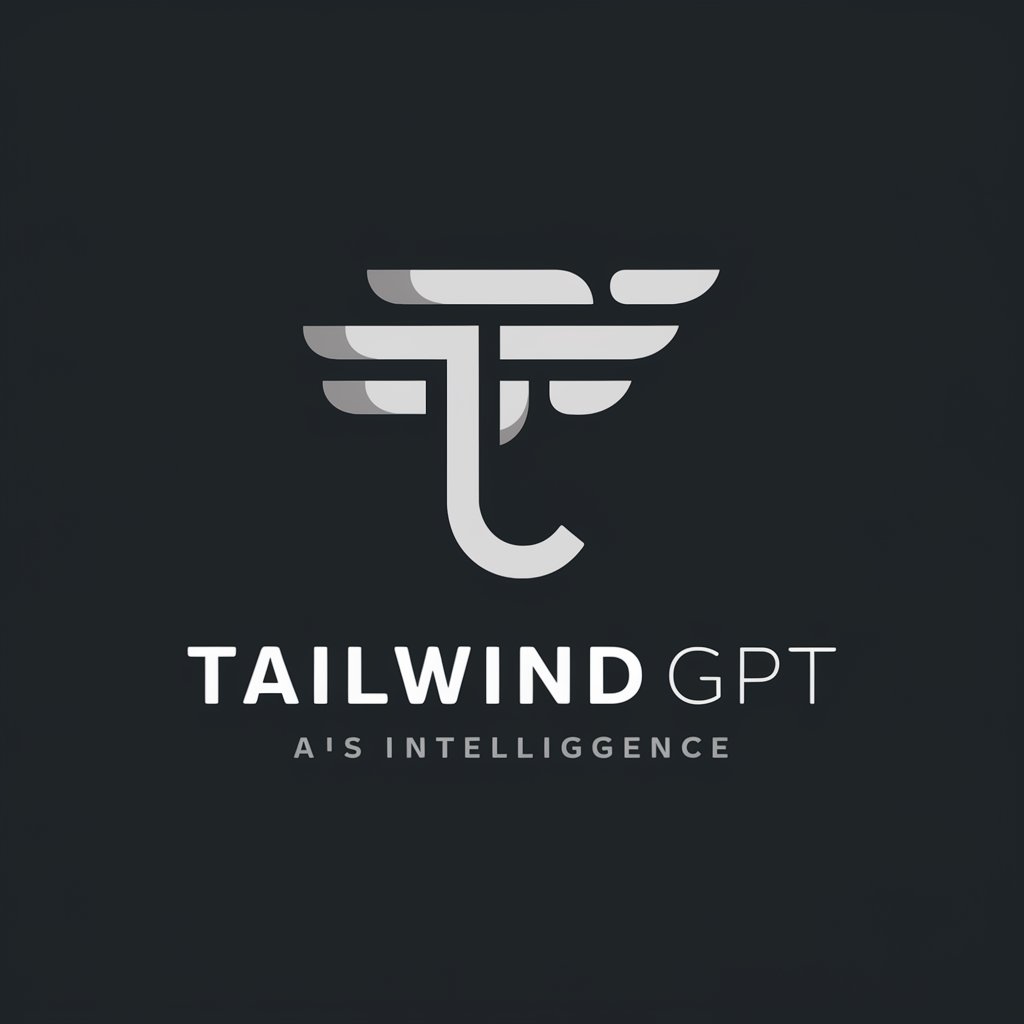
Dramatic Understater
Elevating discourse to dramatic heights.

プロンプトインジェクションテスト
Optimize ChatGPT for focused tasks
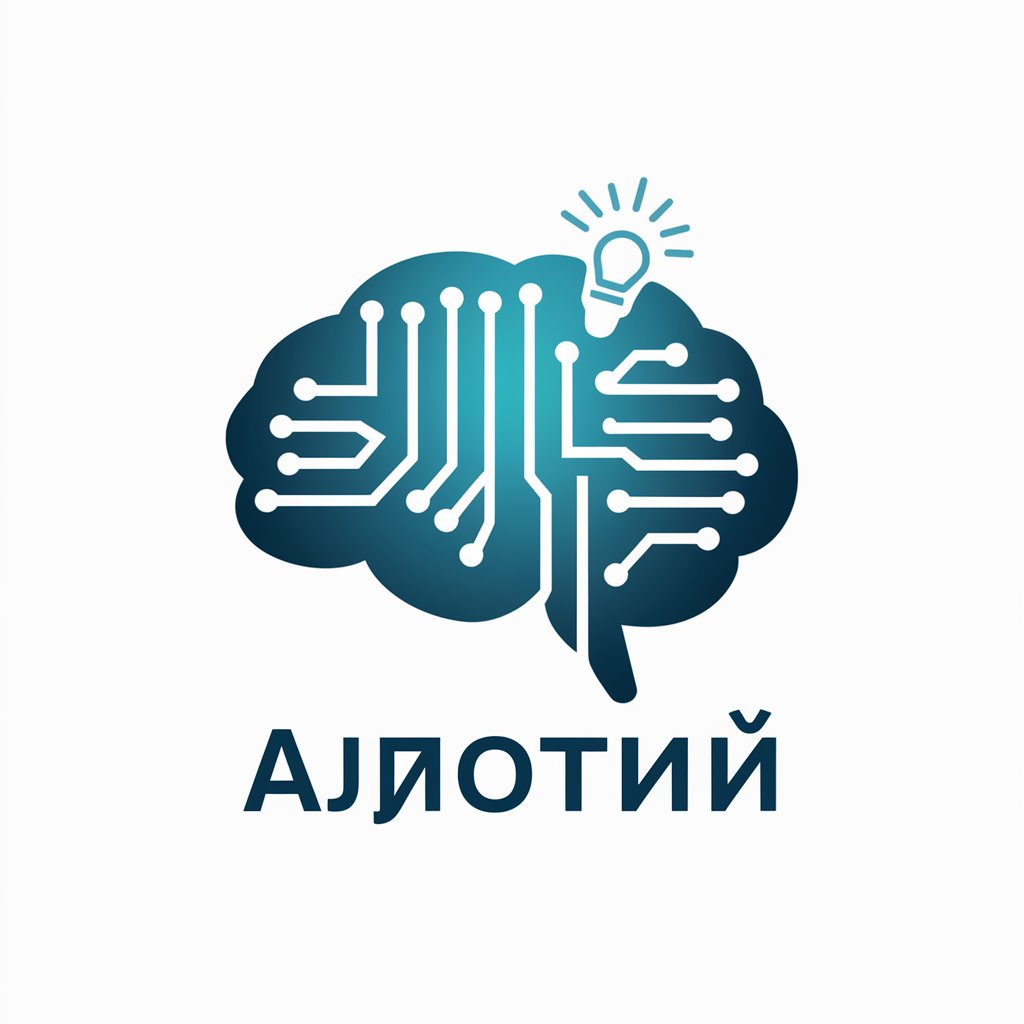
AutoTagGen
AI-powered Metadata Enhancement

BibleGPT
Unlocking the Bible with AI

Resume Tailor
Craft Your Resume with AI Precision

Frequently Asked Questions about Myth Buster
What makes Myth Buster different from other fact-checking tools?
Myth Buster specializes in debunking conspiracy theories and pseudoscience with a blend of factual evidence, authoritative sources, and a touch of humor to keep the experience engaging and respectful.
Can Myth Buster provide real-time updates on emerging theories?
Yes, Myth Buster is regularly updated to include the latest findings and emerging theories, ensuring users have access to the most current information.
How can I get the most out of using Myth Buster?
For an optimal experience, be specific with your queries, remain open to learning, and use the suggested resources for further exploration. Engaging interactively by asking follow-up questions can also enhance your understanding.
Does Myth Buster only focus on debunking, or does it educate on scientific literacy?
While debunking is a primary function, Myth Buster also aims to improve scientific literacy by explaining the scientific method, critical thinking skills, and the importance of evidence-based information.
Can Myth Buster help with academic research?
Absolutely. Myth Buster can be a valuable tool for academic writing, research, and presentations, providing credible sources and evidence to support claims against widely held misconceptions.
